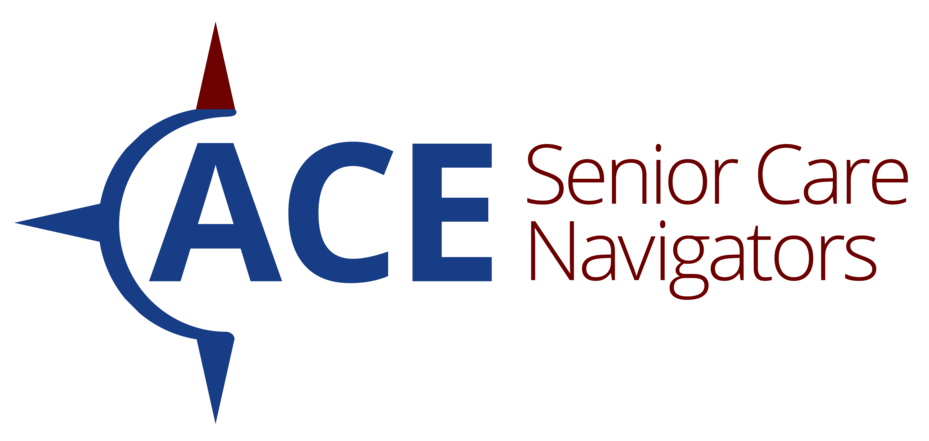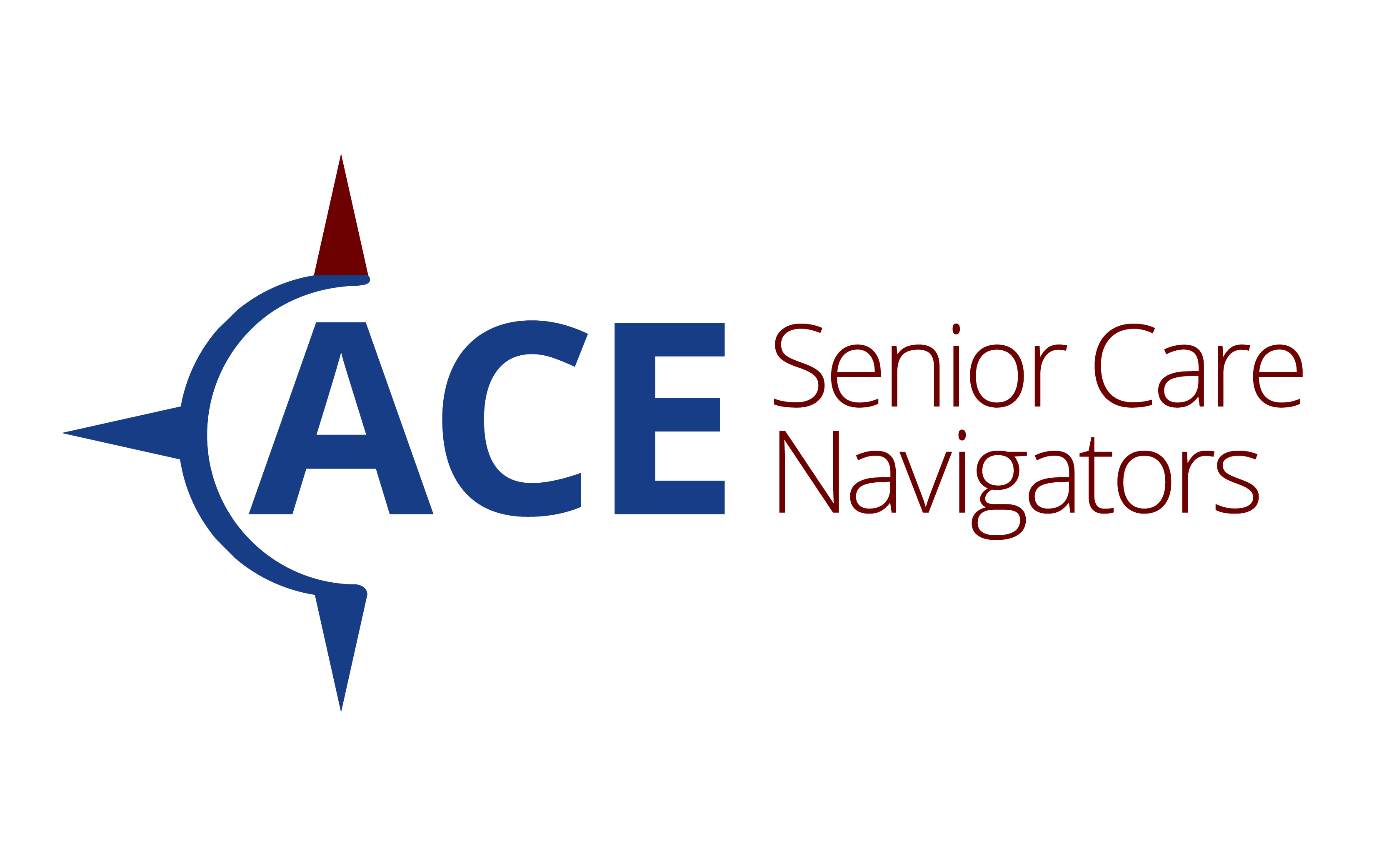Geriatric Care Management: Affording The Benefit

It’s no secret that elder care is costly. And if you’re worried about affording care for yourself or an elderly loved one, you’re not alone. In this blog post, we talk about the costs of senior care and the ways that geriatric care management can support with managing such costs.

The Cost of Services
Anyone who’s done even anecdotal research on what senior care costs knows that it is not cheap. Mainstream news outlets like CNN and The Washington Post have had recent articles on the costs of senior care and the struggles that families go through to afford care. So what’s going on here?
Aging Baby Boomers grew into adulthood during a time of extraordinary scientific and medical breakthroughs that today allow for the treatment of many diseases and conditions that would have, in previous generations, likely brought about earlier death. While such medical advancements are of course wonderful, it means that conditions associated with older age, specifically chronic conditions such as heart disease and dementia, are more prevalent – both because more Seniors are living long enough to experience them, and because there are more Seniors in general. And as the CDC reports, care spent on chronic disease management is costly.
So where does this leave us? With a population of Seniors who are living longer and needing more care.

What does Senior Care look like?
Many Seniors and loved ones are surprised to find out that Medicare, the largest payer of healthcare for those 65 and older, does not cover care costs. Medicare is a medical insurance, whereas things like assistance with bathing, homemaking, and safety related to cognitive changes are considered nonmedical services. As in, the dollars spent on those services have to come out of someone’s pockets, and in most cases, it’s not the government’s.
Furthermore, the senior care landscape today looks very different than when today’s Seniors were watching their parents and grandparents age. For example, many states license nonmedical caregiving services, offering peace of mind to Seniors and loved ones about in-home care they receive. And whereas in previous generations a skilled nursing facility (often referred to as a “nursing home”) was the only facility-based option for senior care, today there is a wide spectrum of options for Seniors who elect to receive care in a building specifically for their needs.
But again, the care options above are private pay. For low-income Seniors who are already Medicaid beneficiaries or planning to spend down (spend private assets on senior care in order to reach the financial threshold to qualify for Medicaid services), services vary by state and often do not offer the same range or quality of options as in the private sector.

Where does Geriatric Care Management fit in?
Geriatric care management, or specifically, Aging Life Care™ Management, for professionals who are members of the Aging Life Care Association™ (the professional organization for geriatric care managers), is a service to support older adults and their loved ones manage the healthcare, safety, and daily functioning needs and changes that accompany aging, with a dignified approach for the client. And while some long term care insurance policies do cover geriatric care management, for the most part, it is a private-pay service. Which may lead you to ask: Why pay more for something that is already expensive?
Families come to geriatric care management from all points along the aging continuum: Some families are just starting to plan for a loved one’s care and want to be proactive and some reach out in a time of crisis; all reach out because they “just don’t know what to do.” (NPR just did a wonderful piece on this.) And while you can’t put a price on the peace of mind that comes with having an expert professional supporting you in this emotionally-fraught journey, here are some real-cost benefits that come with the investment in geriatric care management services:
Paying for the right care: Geriatric care managers assess your Senior’s situation and advise on cost-effective services for both the short-and long-term. You will be less likely to spend money on something that won’t actually address the issues at hand, and you’ll have greater confidence that what you are spending money on is worth it.
- Proactivity with care: Geriatric care managers support Seniors over the long-term. This means that in addition to addressing crises in real-time, they work to proactively ensure your Seniors needs are managed. This saves time – and money – by preventing potential catastrophes, such as falls.
- Hidden costs with managing care: Ask yourself – “Have I taken time off of work to manage a Senior’s care? Have I traveled to manage a Senior’s care? Have I outsourced other needs that cost money, such as hiring a babysitter to drive my kid to soccer practice or ordering dinner when I otherwise would have cooked in order to manage a Senior’s care?” While there’s no way to determine the dollar amount of the stress incurred by managing a Senior’s care, costs like these are true dollar amounts that add up. So while geriatric care management is an investment, it may end up saving you money in the long run.
Lastly, the right geriatric care manager will be able to support you in a budget-friendly way. Things to check:
- What is your local market like for these services? Find your local Aging Life Care Professionals™ here and find out what the going rate is.
- Ask if they work on a sliding scale or offer discounts for Medicaid beneficiaries.
- Be upfront about your budget. Ask how they can help you prioritize your goals within your budget.
- Utilize your care manager as the “quarterback” for managing your Senior’s care. You can save money by doing some of the work yourself, but spend wisely by knowing you’re headed in the right direction.
At ACE Senior Care Navigators, we strive to help Seniors of all income levels age with dignity. Learn more about our services, and reach out today to get started.



